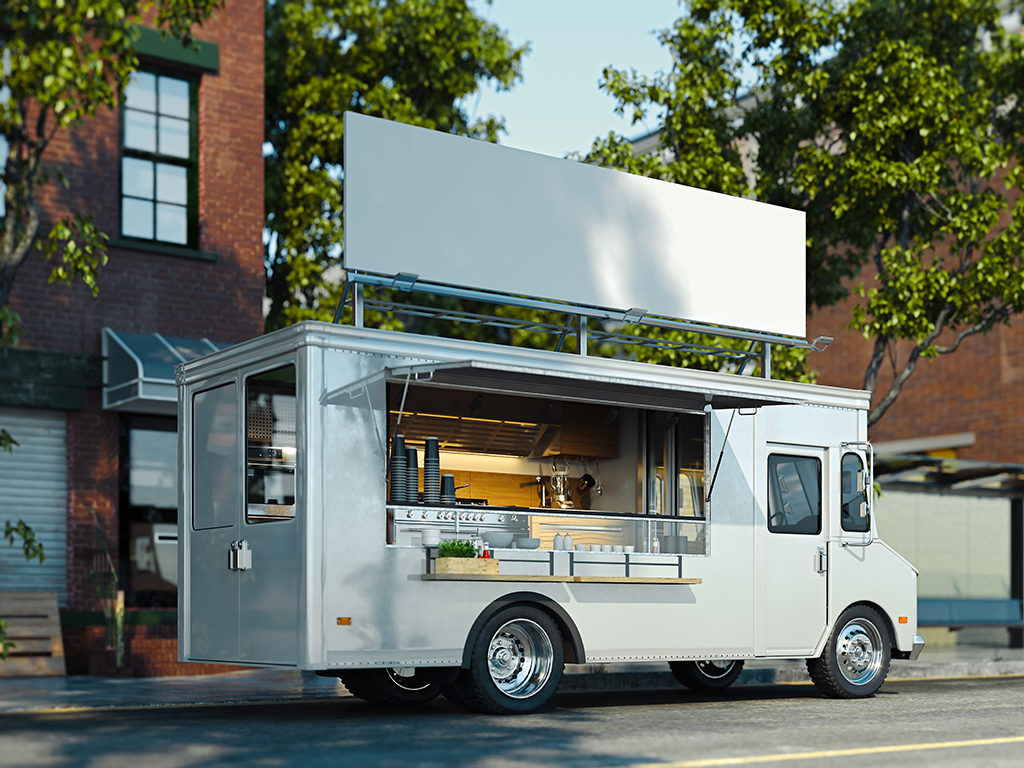Prepare, Present, Deliver: The Culinary Vehicle Entrepreneur's Handbook
Beginning an exciting food truck venture can be a rewarding journey brimming with delicious possibilities and entrepreneurial spirit. With the surge of food trucks, aspiring cooks and food enthusiasts alike are finding a niche on the streets, distributing unique and savory dishes to eager customers. The flexibility of a food truck allows you to venture into various neighborhoods, cater to gatherings, and tap into the ever-growing street food culture.
Building your food truck is the initial phase in this exciting venture. It necessitates careful planning, creativity, and a clear understanding of your target market. From picking the right vehicle to designing an efficient cooking space, every detail plays a significant role in your triumph. In this article, we will examine the fundamental aspects of food truck construction, covering everything to convert your culinary dreams into a living experience on wheels.
Selecting the Right Vehicle
Selecting the best vehicle is a critical step in starting your food truck business. The type of vehicle you select will influence your operational efficiency, menu design, and overall customer appeal. You might start with a standard step van, a trailer, or a vintage truck, depending on your personal style and the type of cuisine you intend to serve. Each vehicle type offers unique advantages, from maneuverability to storage space, so take your moment to consider what fits your goals best.
When thinking about a vehicle, it's important to think about the kitchen equipment you’ll require. Make sure the layout accommodates your workflow and creates for a comfortable cooking environment. This might mean investing in a truck with adequate space for a grill, fryer, or refrigerator. Additionally, ensure your vehicle complies with local health and safety regulations. Familiarize yourself with the legal requirements in your area, as this can influence the size and equipment you’ll require for your food truck.
Financial considerations is another key factor in your decision-making process. While you may be tempted to splurge on a shiny new model, used vehicles can often be a cost-effective alternative, resulting in substantial savings. Inspect pre-owned trucks thoroughly to evaluate their condition and potential repair costs. Remember, the goal is to identify a reliable vehicle that not only satisfies your needs but also aligns with within your financial plan, allowing you to allocate funds for other essential aspects of your food truck business.
Creating The Culinary Space
Designing an effective and practical kitchen design is crucial for the success of your food truck business. Begin by thinking about the workflow of your operations, which should facilitate a seamless shift from food preparation to cooking and then to serving. Imagine the order of tasks and arrange equipment and workstations appropriately to reduce movement and maximize efficiency. This design should take into account the variety of food you will serve, as different menus may require specific equipment and space specifications.
When designing your kitchen, focus on picking the suitable appliances and equipment. Invest in high-quality tools that will withstand the demands of a mobile environment. Consider compact and adaptable equipment to save space and still providing versatility in your cooking techniques. Proper airflow is also crucial, so make sure that your kitchen is provided with exhaust hoods and fans to maintain air quality and meet health guidelines.

Lastly, don't neglect the importance of storage solutions. You'll need a systematic system for ingredients, utensils, and cleaning supplies to keep everything readily within reach and hygienic. Use racks, bins, and containers to improve storage without overcrowding your work area. Well-planned organization not only boosts workflow but also enhances the overall experience for both you and your customers.
Authorization and Licensing
Beginning a mobile food business entails navigating a complexity of regulations, and securing the necessary licenses is vital. All locality and area has specific obligations, so it's critical to look into the regulations in your community. food truck building may need comprise a business license, catering permit, and health permits. Additionally, you might need comply with zoning regulations that dictate where park and run your food truck.
Aside from regional regulations, think about any licenses required for particular spots where you plan to operate, such as public parks or events. Some locations may demand additional applications or even a short-term vendor license. Staying informed about the regulations for all places and event will prevent unforeseen issues and make certain you can provide service without delay.
To conclude, ensure you consider the necessity of protection. Though not strictly a permit, having liability insurance is commonly required for obtaining other licenses and safeguarding your enterprise. Ensure you speak with an insurance agent familiar with mobile food services to comprehend the protection you need. By acquiring the appropriate licenses and permits, you establish a stable basis for your catering venture.